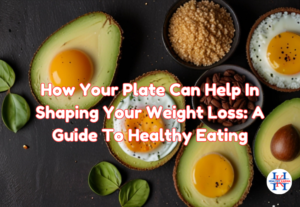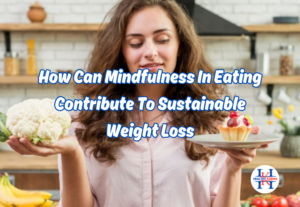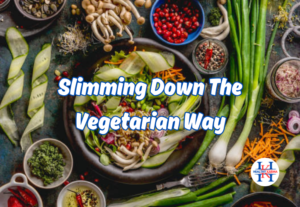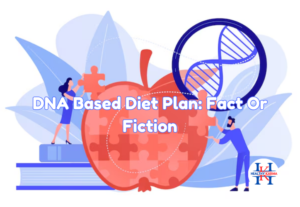
Why Should You Eat Healthy.

For some reason, in the modern day, eating a healthy diet is among the most challenging things for a person to accomplish. There are several reasons why eating healthy is difficult, whether it is due to our lack of knowledge about our bodies energy needs or the fact that ready options are easily available across the counter at the nearest supermarket and we prefer to swipe our card and pay for it rather than take the pain of preparing the same by investing our time.
No doubt our bodies can survive on almost anything that we can get our hands on as food is the main source of energy for our bodies, irrespective of the quality. The question is how long will the body continue to function effectively and claim to be healthy? As we age, our bodies also age, and our past dietary behaviours and habits start to catch up with our bodies functional capabilities in the future.
Research from the World Health Organization (WHO) , indicates that Obesity is the #1 cause of all lifestyle related diseases and also life threatening diseases like Cancer.
What does the average American Diet consist of?
According to the data provided by The Standard American Diet (SAD) , that surveys participating Americans about their dietary patterns, and consists of macro- and micronutrient makeup of the food consumed in the United States, in 2017-18 the average American adult consumed 2100 Calories in his daily diet of which.
- 16% of the Calories were derived from Protein.
- 47% from Carbs.
- 36% from Fats.
- 22% came from added & processed Sugars.
Additionally, a 2016 study found that 58 percent of all calories consumed in America come from highly processed meals.
The foundation of good health at any age is consuming a nutritious, well-balanced diet, along with moderate metabolic activities for the body and avoiding harmful ingredients like tobacco & alcohol.
High-quality proteins, carbs, heart-healthy fats, vitamins, minerals, and water are all important components of a balanced diet, which discourages the consumption of processed and ultra-processed foods, saturated fats, and even alcohol.
This encourages managing the appropriate body weight, and supports smooth functioning of the body on a daily basis, and can prevent the body from contracting diseases in the long run.

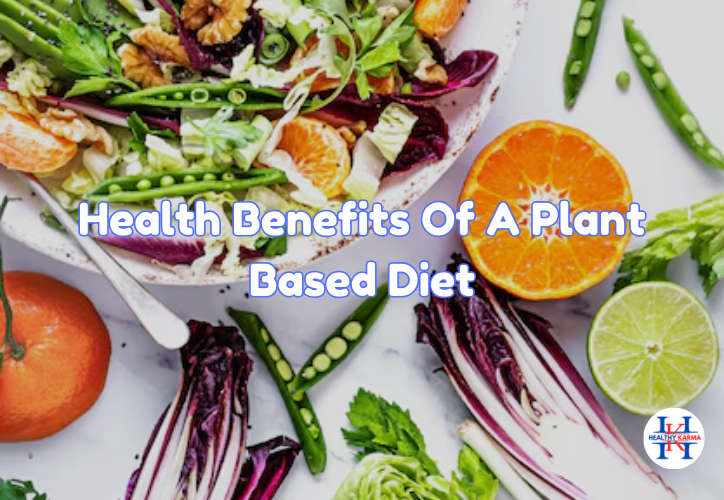





Grab your absolutely Free copy of A Healthy Guide To Eating Here.
